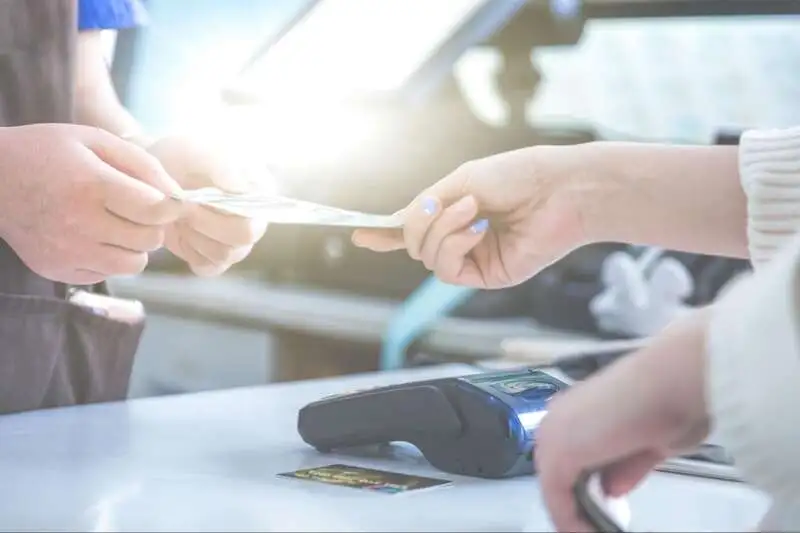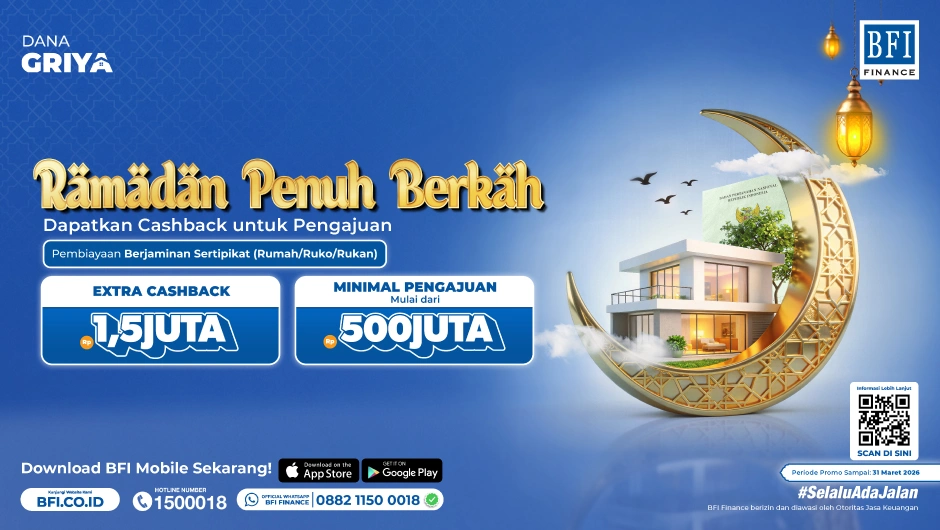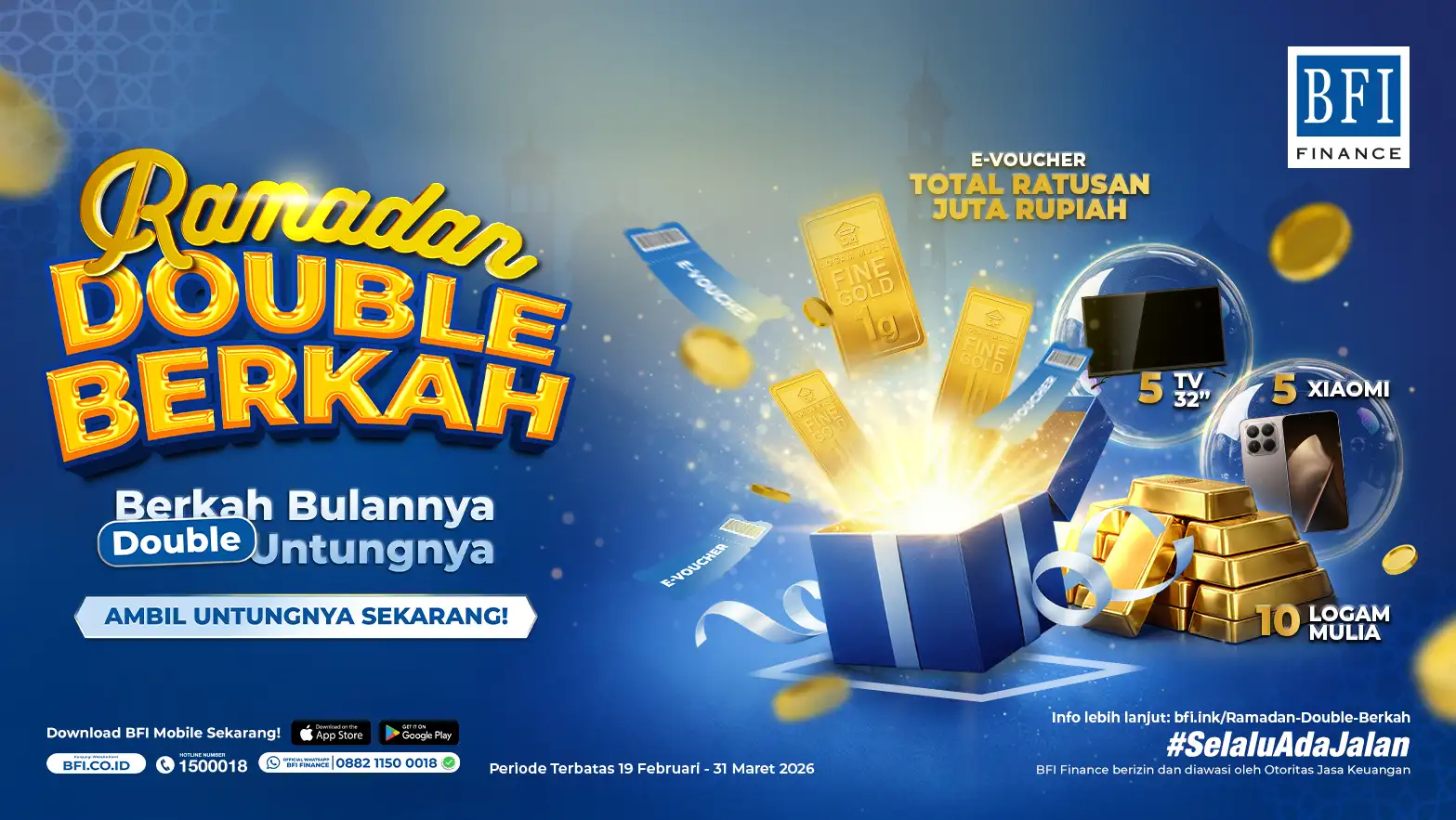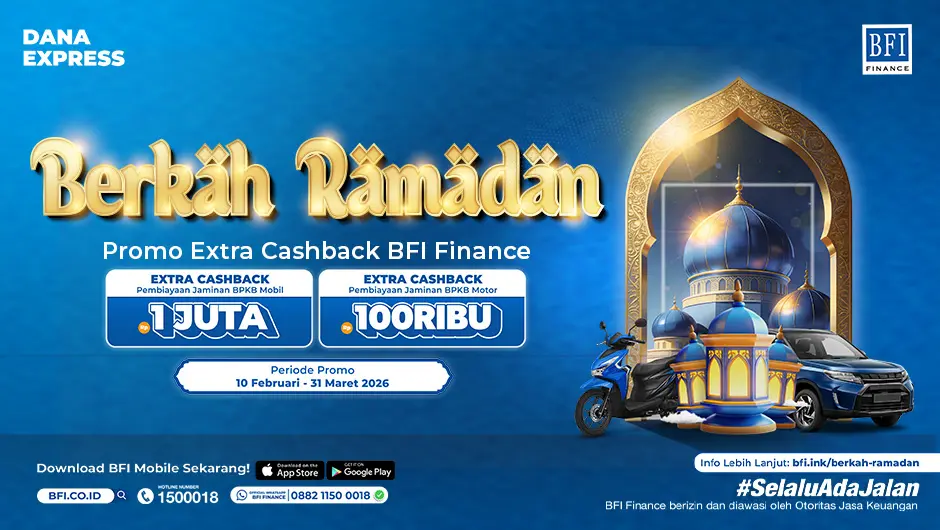In the realm of Islamic economics, we often encounter various Arabic terms that sound familiar but may not be fully understood literally. Therefore, let's explore some key definitions of Sharia financial terms relevant to this article. By understanding the meanings and concepts behind these terms, it is hoped that our understanding of the basic principles underlying Sharia-based economics can be enhanced.
1. 14 Sharia Financial Terms
1.1 Akad
In the context of Sharia business, "akad" refers to the agreement or contract between the parties involved in a transaction.
1.2 Nisbah
"Nisbah'' refers to the ratio or division stipulated in a business contract, especially in the context of profit-sharing (Mudharabah). The measurement or ratio of profit-sharing is generally agreed upon in a profit-sharing agreement between the capital provider (shahibul maal) and the manager (mudharib), considering the possibility of profit and loss. The principle of profit-sharing is implemented through Mudharabah and Musyarakah.
1.3 Profit Sharing (Mudharabah)
Profit Sharing (Mudharabah) in Sharia business is a form of cooperation where one party provides capital, while the other party provides skills or effort, and the profit is shared according to the agreed ratio. This Sharia financial term is based on evidence from the hadith concerning musaqoh, which is profit-sharing by entrusting crops to farmers who work with predetermined distribution from their harvest. The hadith states:
"From Nafi', from 'Abdullah bin 'Umar, that the Messenger of Allah (peace and blessings be upon him) handed over to the Jews of Khaibar the date palm orchard and the land of the Khaibar area, so that they could work on it at their own expense, with an agreement. The Messenger of Allah (peace and blessings be upon him) would receive half of its yield." (HR Bukhari, no. 2329, and Muslim, no. 1551).
1.4 Musyarakah
Musyarakah is a cooperation agreement between two or more parties for specific ventures. Both parties and the bank contribute capital in equal percentages. They also share the loss as a joint risk. One of the evidence used is the narration of Abu Daud from Abu Hurairah, where the Prophet Muhammad (peace be upon him) said:
"I am the third party in a partnership as long as one of the parties does not betray the other. If one of them betrays, I will withdraw from them." (Narrated by Abu Daud).
1.5 Rahn
The next Sharia financial term is Rahn. Rahn or collateral in Sharia business is security provided by the borrower as protection against payment risks. In the Quran, Sunnah, and the consensus of Muslims, this system is permitted and mandated. The evidence in the Quran states:
"If you are on a journey and cannot find a scribe, then a security deposit should be taken. And if one of you entrusts the other, then let him who is entrusted discharge his trust (faithfully), and let him be mindful of Allah, his Lord. And do not conceal testimony, for whoever conceals it, his heart is indeed sinful. And Allah is All-Knowing of what you do." (Al-Baqarah: 283).
This is also clarified in the narration from 'Aisha, where she said:
"The Prophet (peace be upon him) once bought food from a Jew on credit, then he (peace be upon him) gave a pledge in the form of armor." (HR Bukhari and Muslim).
1.6 Dhaman or Kafalah
Dhaman or Kafalah in Sharia business is the responsibility or guarantee for the accuracy of information or transactions. Another definition states that Dhaman is the consolidation of the guarantor's responsibility to the guaranteed person with a commitment to fulfill obligatory rights, either immediately or in the future. In other words, dhaman is likened to a guarantee. This is strengthened by the evidence in the Quran which states:
"Ya'qub said, 'I will not send him with you until you give me a firm promise by Allah that you will certainly bring him back to me, unless you are surrounded by enemies.' And when they had given him their firm promise, he said, 'Allah is the Guardian over what we have said.'" ( QS Yusuf: 66).
1.7 Hawalah
Hawalah is the transfer of debt from one party to another without involving payment. A debtor may transfer their debt to another party, who then becomes responsible for the debt. Evidence regarding hawalah is found in the hadith which states:
"Abu Hurairah reported that the Messenger of Allah (peace be upon him) said, 'Delay (in repaying the debt by) a rich man is an injustice. So if one of you is transferred to a rich man, then follow him.'" (HR Bukhari and Muslim).
1.8 Ijarah
Ijarah is a lease contract where the lessee pays a fee to the lessor for the use of goods or services. The law of ijarah is allowed with several conditions. Usually, Ijarah is allowed because of the need to utilize space, equipment, and so on.
1.9 Istishna'
Istishna' is a contract for the manufacture of goods or services where the seller agrees to make or provide specific goods or services to the buyer. There are several pillars of istishna', namely:
a. Manufacturer (Shani): The party that makes or provides goods or services.
b. Buyer (Mustashni'): The party that orders or requests goods or services.
c. Goods (Mashnu'): Goods or services to be made or provided.
d. Price (Tsaman): The agreed price for goods or services.
e. Acceptance (Sighat): Clear offer and acceptance related to goods or services.
1.10 Qardh
The Sharia financial term Qardh or loan in Sharia business is the provision of money or goods with the condition of repayment without addition.
1.11 Ujrah
Ujrah is the fee or compensation agreed upon for a service or work performed. This is stated in the Quranic verse which says, "And whoever strives only strives for [the benefit of] himself. Indeed, Allah is free from need of the worlds." (Surah Al-Ankabut: 6)
1.12 Wadi'ah
Wadi'ah is entrusting or depositing assets to a third party conducted safely and without compensation.
1.13 ‘Ariyyah
The next Sharia financial term is ‘Ariyyah. This is how we borrow something that can be benefited from someone, which is eventually returned to the lender. This is allowed. Essentially, all items that can be used without being damaged can be lent to others if their benefit is an influence of the item. This is stated in the hadith:
"All items that can be used without being damaged can be lent to others if their benefit is an influence of the item. Borrowing can be done freely or bound by a certain period. The borrower is responsible for the price of the borrowed item if it is damaged."
1.14 Gharar
The last Sharia financial term is Gharar. Gharar is an element of uncertainty or excessive risk in transactions that can harm one party. The ruling on Gharar is forbidden because it is considered a form of gambling. However, some forms of Gharar are still permissible. This is explained in a hadith which states:
"O Messenger of Allah, someone came to me and asked me to sell him goods that I do not yet possess, but first I buy them for them from the market?" The Messenger of Allah, peace and blessings be upon him, replied, "Do not sell something that is not in your possession." (Narrated by Abu Daud, no. 3503; An-Nasai, no. 4613; Tirmidhi, no. 1232; and Ibn Majah, no. 2187. Shaykh Al-Albani said this hadith is authentic).
So, that's the discussion about Sharia financial terms often encountered when engaging in Sharia-based financing activities. Although not all of the above Sharia financial terms are directly mentioned in the Quran, the basic principles and ethical guidelines of business can be derived from verses and hadiths discussing justice, honesty, and responsibility in business transactions.
BFI Finance provides Sharia financing for various needs ranging from purchasing used cars, educational expenses, purchasing merchandise, home renovations, business capital, renting shops, and more.







